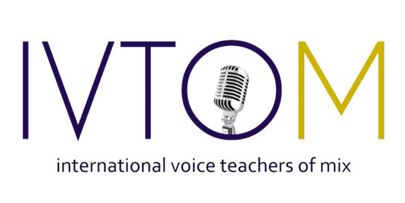Trigger Words
Weekly Teaching Tip – Sep. 18, 2017
by Sissy Handler
We all know how important emotions are – not only on stage, but also for all good singing in principle. The true emotion helps our bodies bring out the perfect feeling and mostly the perfect notes and melodies with the right intention as well. Plus they underline the words and melody.
Of course not every student/singer finds this access to his/her emotions quickly… But one of the most important things is to ask the students to really FEEL and not PRETEND!
Take care what you ask them to do. Avoid sentences like: “Try to imagine you feel a bit like this or that”. This will not work in most of the cases. So better help them with clear commands like: “Be angry! Like really getting mad.” for example. As soon as they really connect to the real feeling you will hear and feel the difference.
So there are many similar trigger words for similar emotions like: Angry, evil, irate, bad, mad, grumpy, ratty, grouchy, … or: glad, pleased, happy, bright, merry, up, cheery,…
Then try out which words bring the best results. Everybody has her/his history and connect words with exactly this or that feeling. So some of these trigger words will help much better than others that appear similar or even have the same meaning.
No matter if you are working on the performance, style, sound or technique. Choose the best words with the student and then play around and work with it.
We all have our personal connections with each of these words. So one word or meaning might work much better than the other. Find out what are the best, most helpful trigger words for your student and write them down.
It’s ideal if you write it not only on the lyrics sheet of one song, but also on an extra sheet to collect many more helpful words. And you can take small pieces of paper or post-its and take one paper per word and use different colors.
So they can connect easiest possible.

